Many regular readers of this blog have followed the Watts case from the very beginning. If the murders themselves aren’t still shocking almost a year later, what is almost as astonishing is the investigation into it. It’s not that the investigation lacked resources, quite the opposite, it’s this mismatch between the crime and investigation, and the prosecution.

Each successive book in the TWO FACE series is harder to write, but perhaps easier and more interesting to read. The reviews reflect this, but let’s face it – the first two narratives were written without the benefit of 2000 pages of discovery, with no interrogations and very little evidence.
It’s been a challenge in the last few books trying to transcribe hours and hours of often indistinct audio into a cogent narrative. It doesn’t help that Watts and Kessinger are both mumblers, especially Watts. One hopes law enforcement will get their act together in this regard. If you’re going to record an interrogation, make sure you can hear it, and use it. But that’s part of the real meat and potatoes work of the true true crime writer. Who’s going to do it if not TCRS?

Over time, true crime evolves. We’ve seen in the Watts case how the story has evolved. It’s already split into those who believe the Second Confession and those who don’t, into a group who believe Watts is a monstrous simpleton who just snapped, and another group [a smaller group I think] who see the case as more complex, and the crimes as premeditated.
As we become familiar with the facts, evidence and nuances, we have to decide what to do with it. That takes discernment. We have to decide which path we’re going to take, and who to trust.

In terms of the interrogations, it’s worth noting that while we hear the voices of the FBI, CBI and lead detective questioning Watts, and although we get to read the synopsis of the interview, we don’t get their interpretation afterwards. We don’t get to see what they actually believe, and what they don’t.

It’s tempting to imagine what-you-see-is-what-you-get in these interviews, but it’s really a game. It’s the true crime game, isn’t it? It’s a game from the side of the Silver Fox, but it’s also a game played by law enforcement. Are we able to decipher the rules of that game yet, and the criminal psychology that governs it? Are we becoming better lie detectors, or liars?
All of this is reflected to some extent in the Watts marriage. It’s also a game. It also has unwritten rules and invisible threads running through it, pulling strings, drawing it in this direction or that. The affair is really a reality check for all three players in this game. The affair is going to validate some and invalidate others. It’s going to reveal the true state of the relationships, commitments, cash and secret resentments.
Our incredible access in this case to the Watts family allows us not only to fathom how fairy tales are born, but how and why they die. The Watts case is a vital and valuable cautionary tale, and though the American public were denied the opportunity to learn from this tragedy in court, through a criminal trial, the TWO FACE book series provides another alternative.












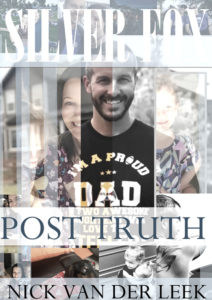
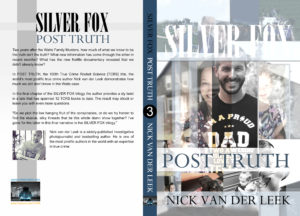



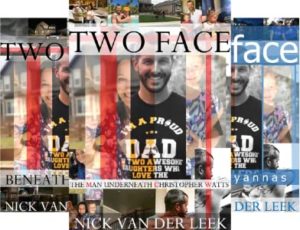

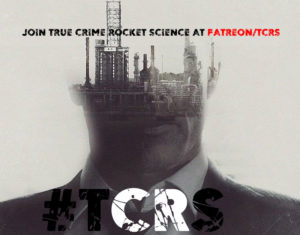

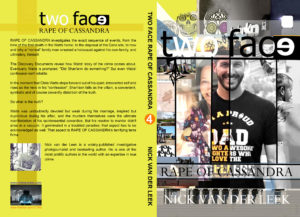
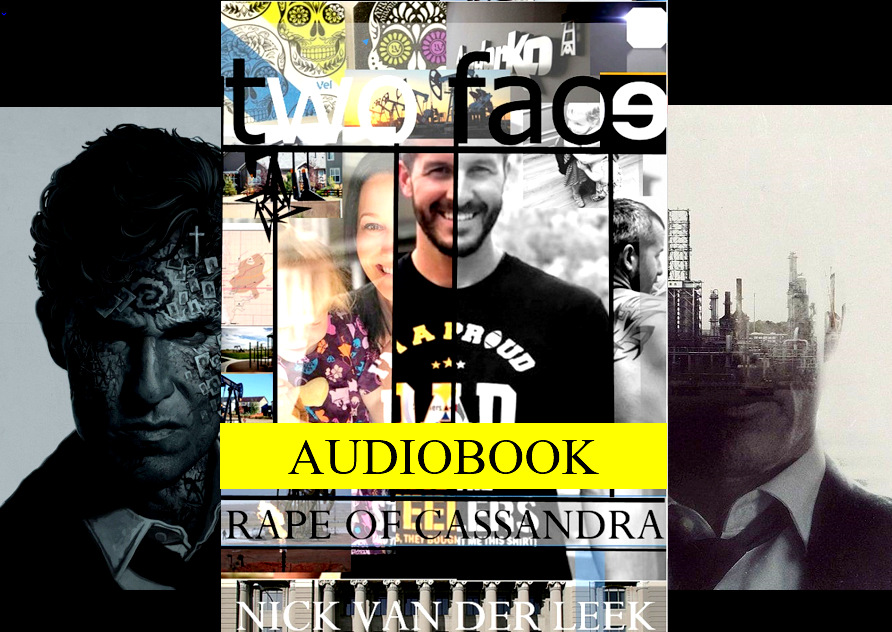
Recent Comments